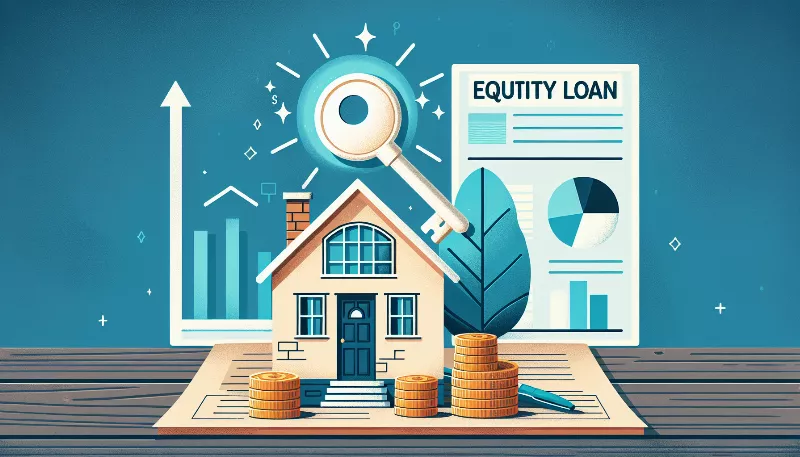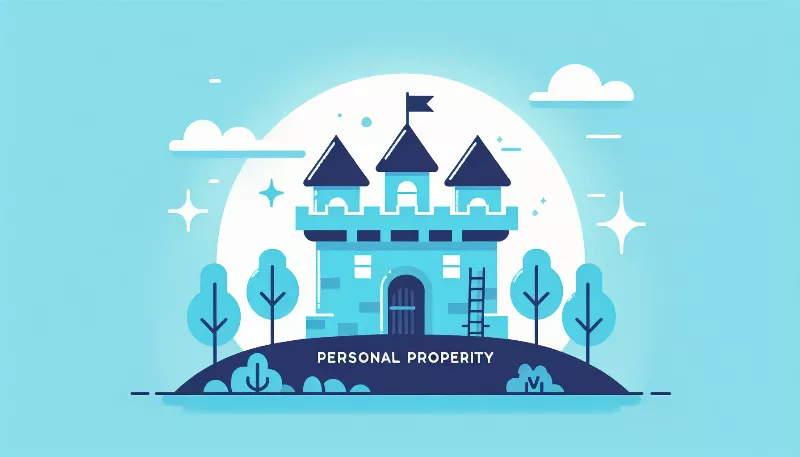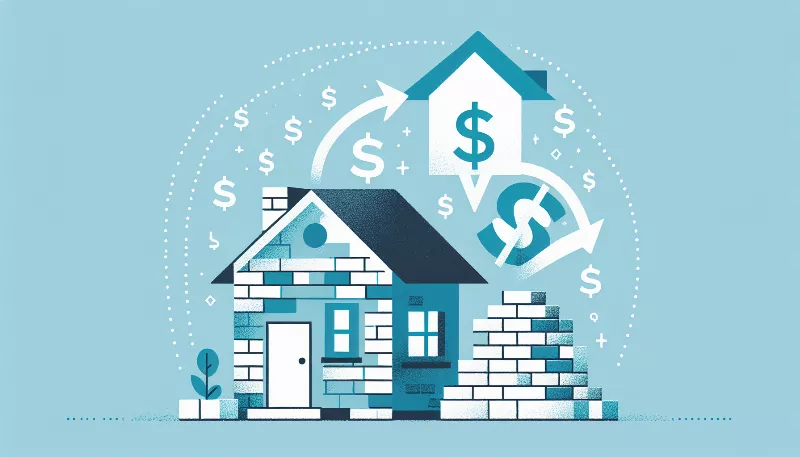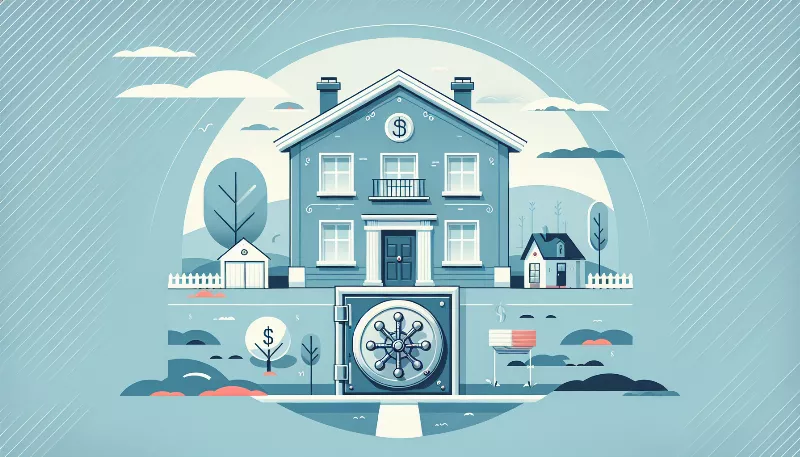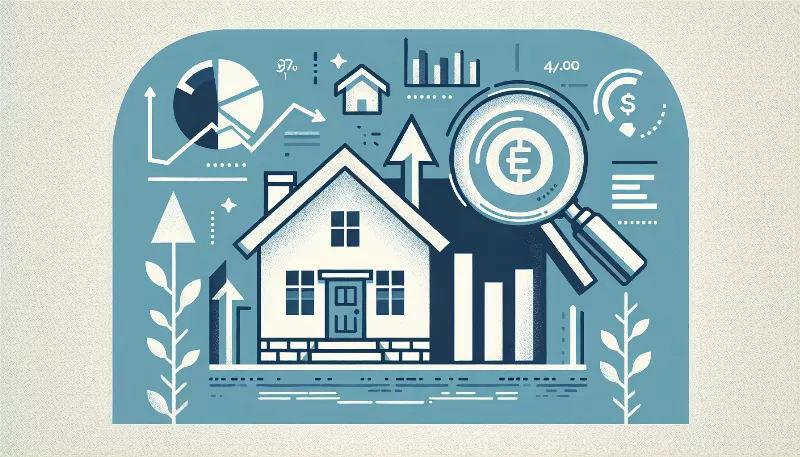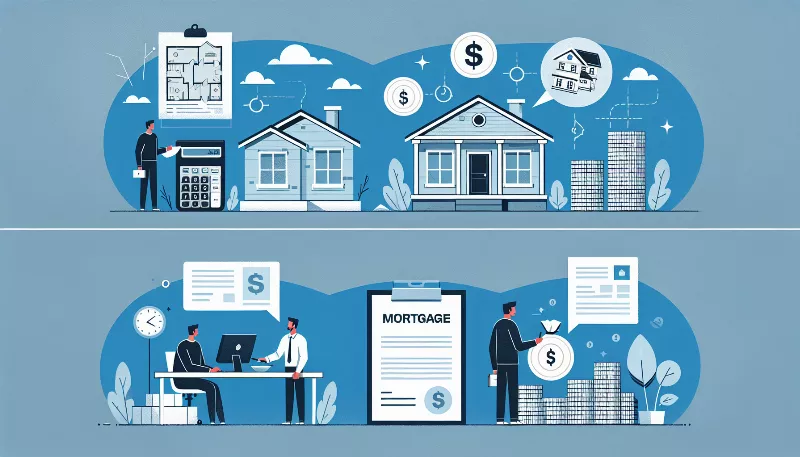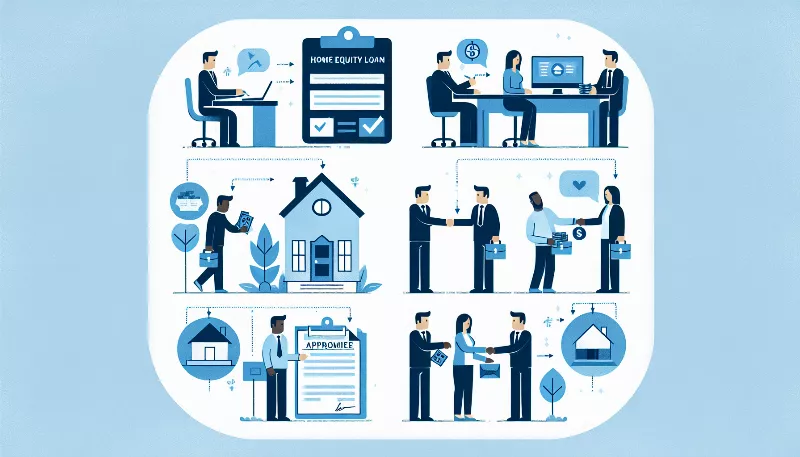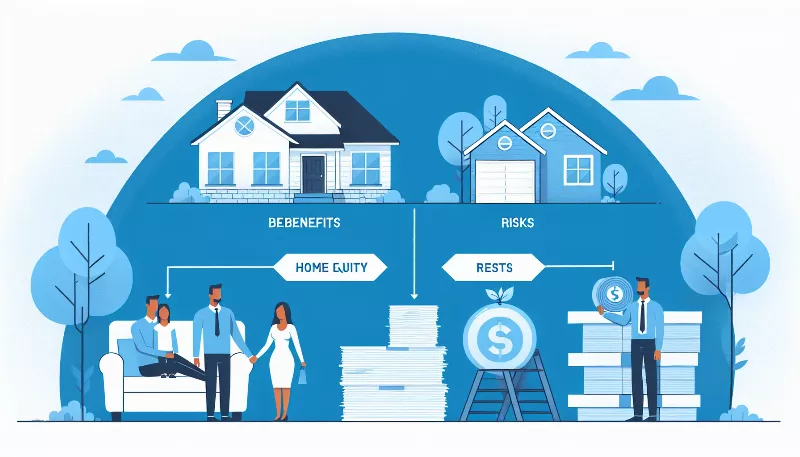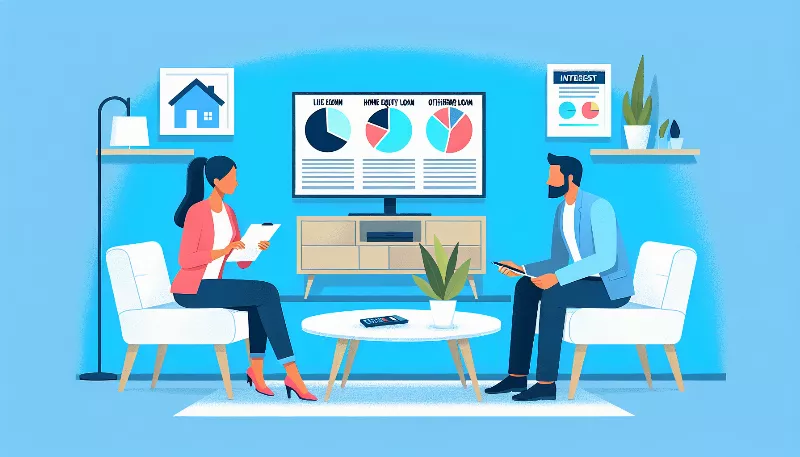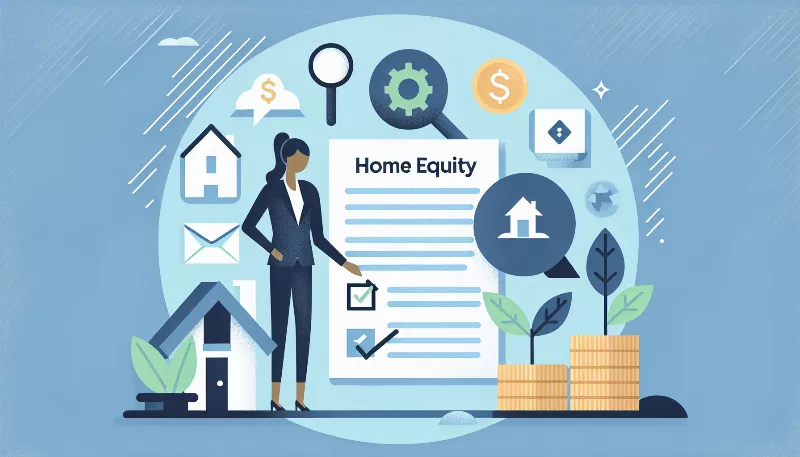How do interest rates on home equity loans compare to other types of consumer debt?
Unlock the secrets of home equity loan interest rates and see how they stack up against other consumer debts. Make informed borrowing decisions now!
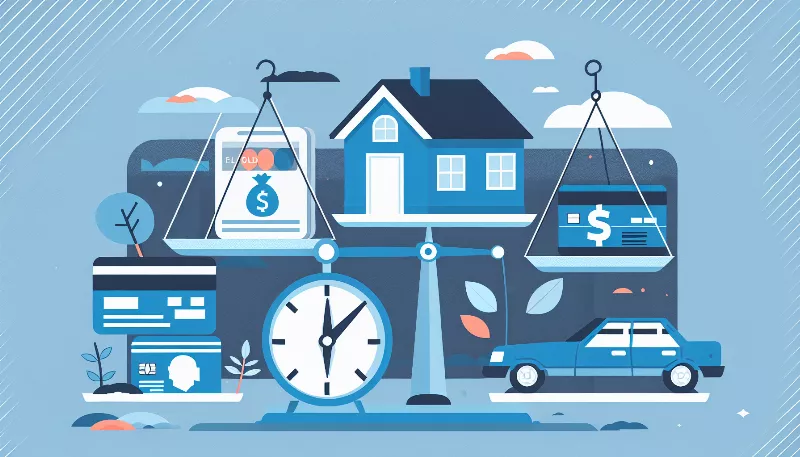
Understanding the Landscape of Interest Rates
When it comes to borrowing money, the interest rate is the compass that guides consumers through their financial journey. It's the critical factor that determines the cost of borrowing over time. Whether you're looking to renovate your home, pay for education, or consolidate debt, understanding how interest rates on home equity loans stack up against other types of consumer debt can lead to more informed and beneficial financial decisions.
The Allure of Home Equity Loans
Home equity loans are a popular choice for homeowners who have built up substantial equity in their property. These loans allow borrowers to tap into the value of their home, often at interest rates that are lower than other forms of consumer debt. This is primarily because home equity loans are secured by the borrower's property, which reduces the risk for lenders. As a result, they're able to offer more attractive rates compared to unsecured debts like credit cards or personal loans.
Comparing to Credit Card Temptations
Credit cards are the swashbucklers of the consumer debt world?flexible and easy to use but often come with higher interest rates. These rates can sometimes soar into the double digits, making credit card debt one of the more expensive ways to borrow money. Unlike home equity loans, credit cards are unsecured, which means they don't require collateral. This lack of security for the lender translates into higher costs for the borrower.
Personal Loans: A Middle Ground?
Personal loans often find themselves in the middle of the interest rate spectrum. They can be either secured or unsecured, which affects the interest rate offered. Secured personal loans may have rates that are competitive with home equity loans, though they're typically higher due to the nature of the collateral (which is usually not as valuable as a home). Unsecured personal loans, on the other hand, carry higher interest rates, reflecting the increased risk to the lender without the backing of collateral.
Auto Loans: Secured but Specific
Auto loans are another form of secured debt, with the vehicle serving as collateral. Interest rates for auto loans can be quite competitive, especially when promotional deals are in play. However, these rates are generally higher than those for home equity loans. The depreciation of vehicles also plays a role in the interest rate calculation, as the collateral loses value over time, unlike real estate, which typically appreciates.
Student Loans: An Educational Investment
Student loans are a unique category of debt, often carrying lower interest rates due to government subsidies and the recognition of education as an investment in future earning potential. While federal student loan rates are set by law and can be quite low, private student loans have variable rates that can exceed those of home equity loans, depending on the borrower's creditworthiness and market conditions.
Final Thoughts: The Home Advantage
In the grand scheme of consumer debt, home equity loans often emerge as the victor in the battle of interest rates. Their secured nature, combined with the long-term appreciation potential of real estate, provides a compelling option for borrowers seeking lower-cost debt. However, it's essential to navigate these waters carefully, as defaulting on a home equity loan can put your home at risk. Always weigh the pros and cons, consider your ability to repay, and consult with a financial advisor to ensure that your voyage through the world of borrowing leads to a treasure trove of financial stability and success.
